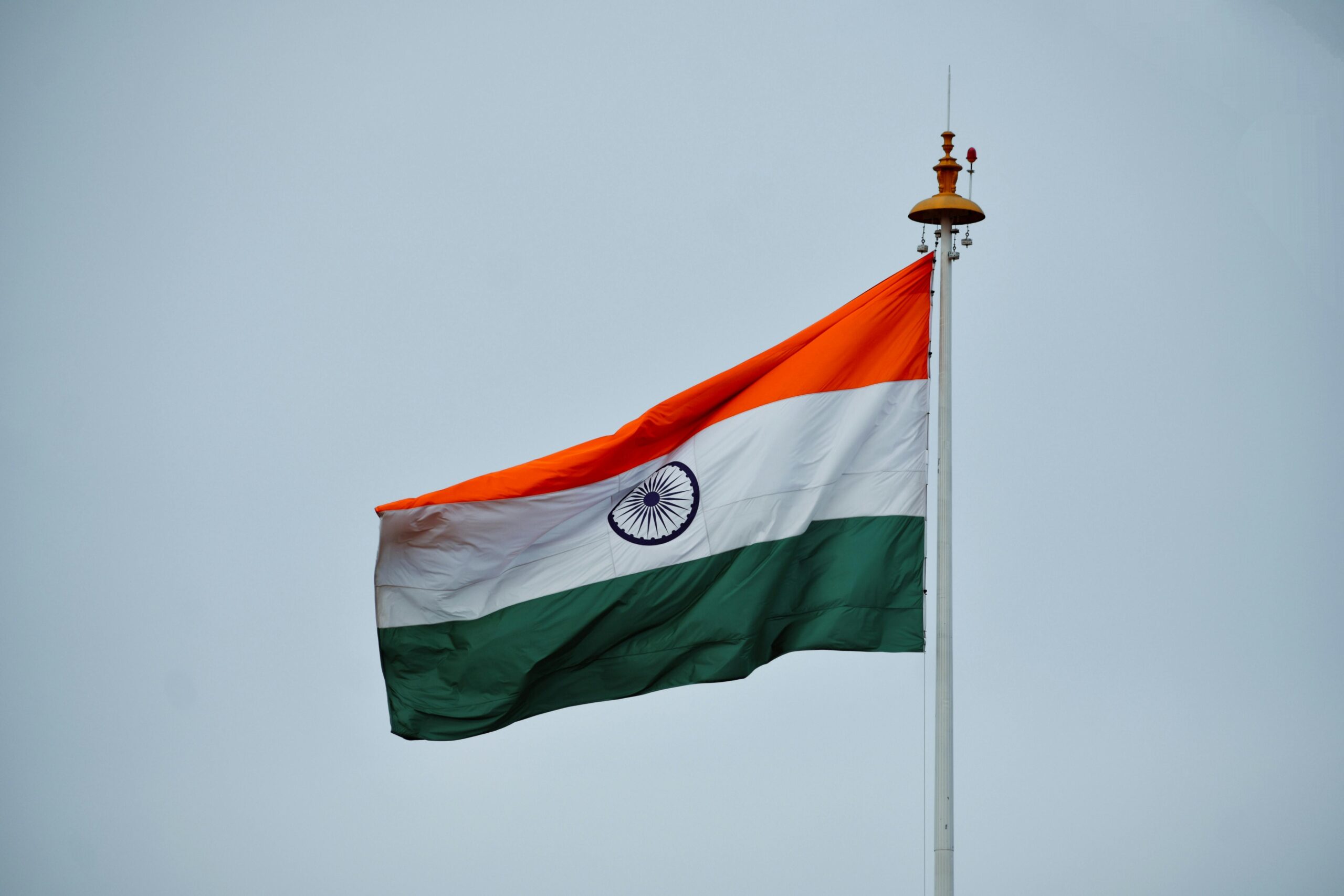
India’s inflation rate eased to 5.22% in December, marking the lowest level in four months, driven by a decline in food prices, according to the National Statistical Office (NSO). This represents a drop from 5.48% in November and exceeded economists’ expectations of 5.30%. Compared to December 2023, when inflation was at 9.53%, this drop signals a positive shift.
Food inflation moderated to 8.39% in December from 9.04% in November, largely due to falling prices of vegetables, pulses, sugar, confectionery, and cereals. Housing inflation also slowed to 2.71%, down from 2.87%, and fuel costs were 1.39% lower than last year. Overall, consumer prices saw a 0.56% decrease month-over-month.
RBI Holds Steady on Interest Rates
Despite this easing, the Reserve Bank of India (RBI) maintained the benchmark repo rate at 6.5% in December. The RBI’s cautious approach reflects its concern about sustaining inflation control, even as it acknowledges the current slowdown.
While inflation has decreased, challenges remain. Food prices could rise again, and global commodity prices may affect inflation in 2025. Nevertheless, this easing offers hope for improving consumer sentiment and purchasing power.
What The Author Thinks
While the inflation slowdown is a positive sign, it’s still uncertain whether this trend will hold. The RBI’s cautious stance reflects ongoing concerns, and food prices remain a wildcard. Overall, the economy is moving in the right direction, but more time is needed to ensure sustained price stability.
Featured image credit: Soubhagya Maharana via Pexels
Follow us for more breaking news on DMR
